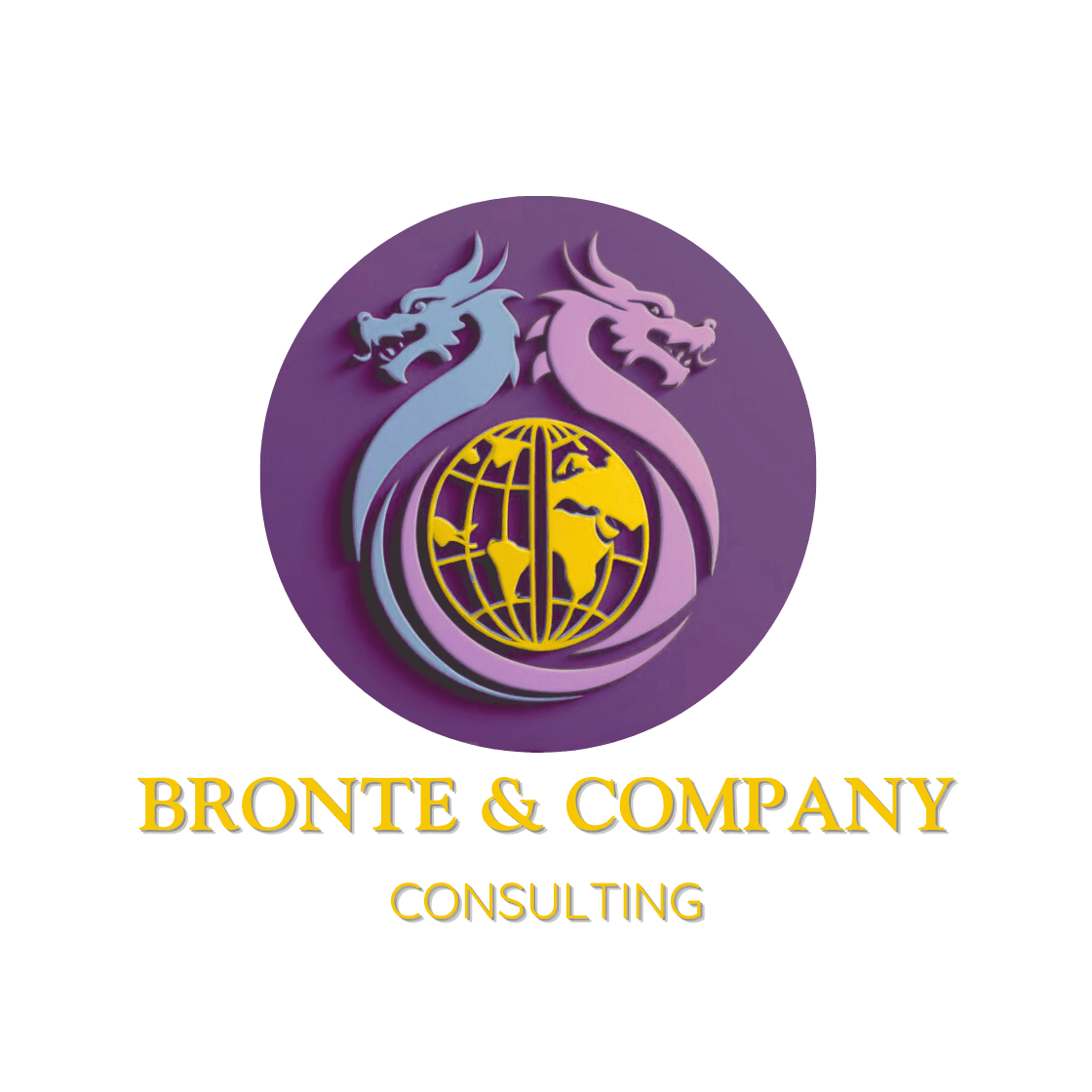Holiday Leadership: Maintaining Morale and Productivity

As the holiday season approaches, leaders face the dual challenge of sustaining team productivity while fostering a festive and inclusive atmosphere. Research underscores that this balance is critical for employee engagement, morale, and overall performance.
Here are actionable strategies to guide leaders during the holidays:
1. Acknowledge the Holiday Spirit
Recognizing and celebrating the season can uplift team morale. Simple acts like decorating the office, hosting a holiday gathering, or organizing themed activities foster a sense of community and enthusiasm among employees. According to experts, these gestures can create a positive work environment and strengthen workplace relationships.
2. Prioritize Realistic Goals
The holiday season often involves competing priorities for employees, both professionally and personally. Leaders should set clear, achievable objectives for year-end tasks and be flexible with deadlines when possible. This ensures essential projects are completed without overburdening the team, allowing them to balance work and personal commitments effectively.
3. Encourage Work-Life Balance
Supporting employees in taking their well-earned breaks enhances their ability to recharge and return motivated. Leaders who respect vacation time and lead by example, such as taking their own time off can demonstrate the value of rest. This approach prevents burnout and shows that well-being is prioritized.
4. Recognize and Appreciate Contributions
Personalized recognition of employee efforts, both big and small, can boost motivation and loyalty. Whether through public acknowledgment, holiday bonuses, or small tokens of appreciation, expressing gratitude strengthens team morale. Reflecting on the year’s achievements as a team also builds a sense of shared success.
5. Foster Collaboration and Transparency
Transparent communication and collaborative planning, especially around holiday scheduling, help teams navigate workload distribution effectively. For example, involving employees in vacation planning ensures fairness and prevents disruption in operations. Flexibility in working arrangements, such as remote work, can also be valuable.
6. Prepare for the New Year
The holidays are an ideal time to discuss aspirations and set preliminary goals for the upcoming year. Engaging employees in planning initiatives fosters ownership and excitement for future projects, ensuring a strong start when operations resume.
The Bottom Line
Effective holiday leadership requires empathy, flexibility, and a focus on both productivity and festivity. By embracing these principles, leaders can create a positive and motivated workplace culture that extends beyond the holiday season, ensuring long-term engagement and success.
Get in Touch
Let's Connect
Congratulations on taking the first step towards change. Leave your message and I'll contact you back!
